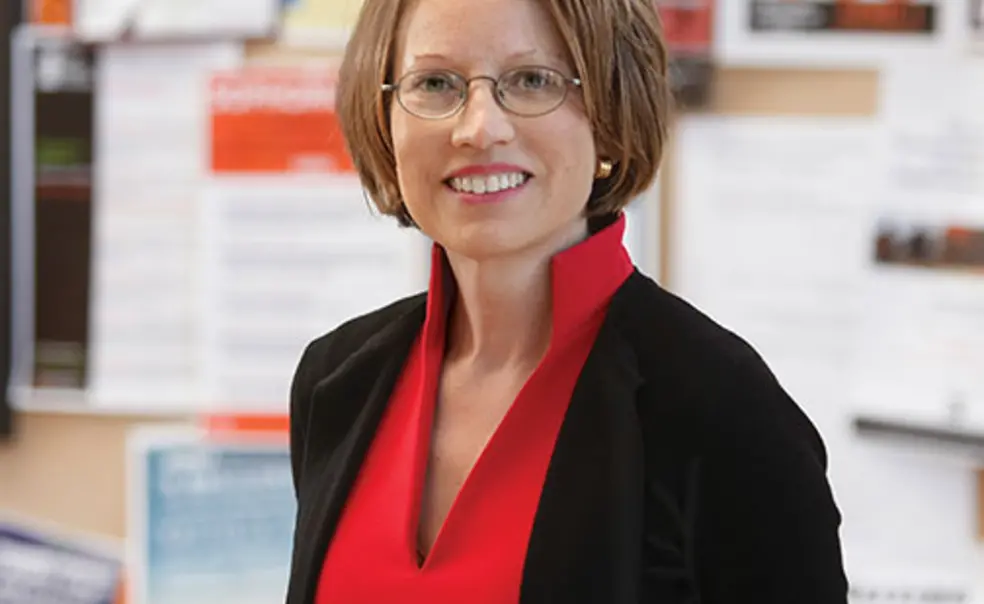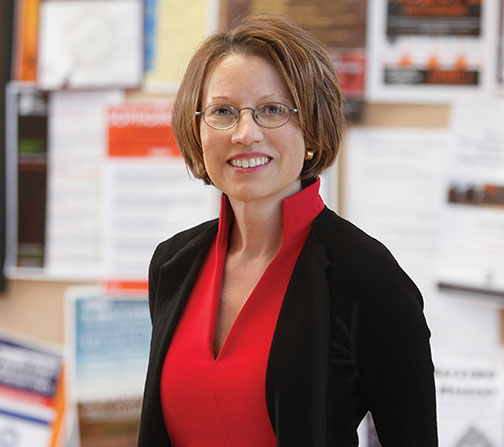International Affairs: Reform School
Jennifer Widner gathers case studies of problem-solving in developing countries
Developing countries face all sorts of practical questions: What is the best way to improve policing? Should a new form of government be parliamentary or presidential? How does a nation address high rates of absenteeism by health-care workers?
Jennifer Widner, a professor of politics and international affairs at the Woodrow Wilson School, says the answers to those questions and many others are in the heads of cabinet ministers and civil servants, but “very little of that was being captured by policy institutions or scholars.”
So in 2008 Widner founded Innovations for Successful Societies, based at the Wilson School, which has created a library of practical tips on addressing knotty governmental challenges. The program gathers accounts of successful problem-solving in developing countries and distills the findings in clear, nonacademic prose that can be found, free of charge, on the program’s website, along with audio files of interviews. So far the program has assembled about 150 case studies that draw on work in 64 countries. The website has received more than 40,000 visits in the last year from people in 195 countries.
Widner’s team of five researchers travels around the globe to interview people. In Chile, researchers looked at transferring power in a crisis following a 2010 earthquake that complicated the installation of the country’s first new government in 20 years. In Kosovo, they examined how the government installed a more transparent police service in a region plagued by corruption.
One of the group’s most widely circulated papers was a study of how, following a financial crisis and natural disaster in 1997, Indonesia allowed local groups — not faraway administrators — to determine how to spend grants. Another well-regarded case explains how a state in Malaysia simplified the way people could register the land they owned, creating a more orderly, efficient process for property transactions. “Economic development can’t take off until people can buy and sell land,” Widner says.
Many of the researchers are recent Princeton graduates. Researchers are not sent to war zones, but it helps if they have a healthy sense of adventure.
“I spend my time in places where most people don’t tend to go,” says senior research specialist Rachel Jackson ’11, who has reported from Mexico, Vietnam, Sierra Leone, Zambia, and South Africa. Last summer she spent several weeks in Hanoi, interviewing more than a dozen people for a survey about the quality of life in Vietnam, asking them how their local and provincial governments were doing.
Many interview subjects are full of idealism, and a number have gone on to higher office. When the team first worked with Joko Widodo, he was the crime-busting mayor of Surakarta, Indonesia. Now, he is the nation’s president.













No responses yet